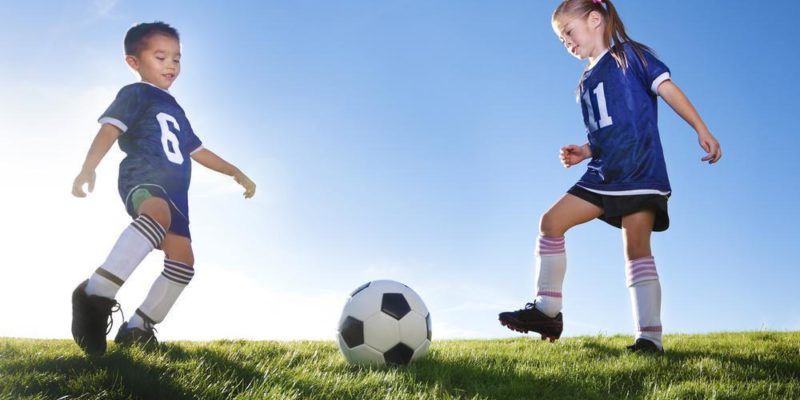If you have seizures or are the parent of a child who has seizures, then…

What to Tell Your Young Athlete About Concussions
Sports are an excellent way for your child to stay in shape and develop friendships. As great as playing sports is, they also can result in injuries. Concussions are a pretty common injury among young athletes, especially in contact sports. It can be a terrifying experience for you and your child, so knowing what to look out for and how to avoid them can be very beneficial.
At the Neurology Center for Epilepsy and Seizures, our team can help you understand the symptoms and effects of a concussion. Dr. Amor Mehta is a skilled neurologist who helps you and your child fully understand concussions and give you a personalized treatment plan to get your young athlete back to their daily activities if possible.
What causes a concussion?
Concussions are a type of injury to the brain that’s caused by some traumatic force. This type of force can be a strong blow to your head during a sporting event or by the sudden force caused by a car accident, causing your brain to bounce back and forth in your skull. Concussions can cause brain cell damage, along with chemical changes that are a result of the injury.
Sometimes, you may lose consciousness with this type of head injury, but not always. Athletes that suffer a concussion usually don’t remember what caused them to have the head injury. Although this type of injury is scary for you or your child, it’s not usually life-threatening. However, concussions can have lasting effects that can linger for days to months, or even longer in some cases.
When you have a young athlete participating in sports, especially contact sports, knowing what to look out for and what to do to prevent further injury can ease your mind.
Symptoms you should look out for
If your young athlete sustains a head injury during their sporting event, it may not be immediately evident that they have a concussion. This is because symptoms don’t always show up right away, especially with minor concussions. However, if there’s a loss of consciousness, that should indicate that a concussion could be the culprit.
You and your child need to understand the signs and symptoms of a concussion. This helps you determine when your child needs to see a doctor after suffering a head injury during sports. Symptoms that your child may exhibit after a concussion injury include:
- Headache
- Loss of memory
- Confusion
- Ringing in the ears
- Nausea and vomiting
- Drowsiness
- Blurry vision
Although all symptoms should be taken seriously, some signs could signal something more serious. Signs that you should take your child to the doctor immediately include:
- Inability to wake up
- Slurred speech
- Weakness
- Seizures
- Restlessness and agitation
If your child has any of these symptoms, take them to the doctor immediately. Your child should know how to spot the signs of a concussion so that they can seek help from their coach immediately.
Athletes and concussions: what to know
Concussions are serious business, so it’s crucial to know when your child should return to sports. The very first and most important rule is that your child shouldn’t go back to playing a sport until they’re medically cleared by Dr. Mehta or Dr. Klein. Going back to sports prematurely could result in another concussion.
Your child should rest after a concussion for a couple of days. The best treatment for this type of injury is brain rest, meaning limited or no screen time for a few days. Recovery is gradual, and our doctors can advise you on how to introduce activity and devices back to your child slowly.
You should know that keeping your child sedentary isn’t the best way to ease them back into their sport. Mild aerobic exercise in small doses can help your child’s recovery process. However, this aerobic exercise shouldn’t involve any physical contact.
Preventing concussions is the key to keeping your young athlete in the game. Your child should make sure their equipment, such as their helmet, fits snugly and correctly. Although helmets can’t entirely prevent concussions, they can prevent other head injuries that could have lasting effects.
If you’re concerned your young athlete has suffered a concussion, call our office at 732-856-5999 to make an appointment or schedule a consultation online today.



